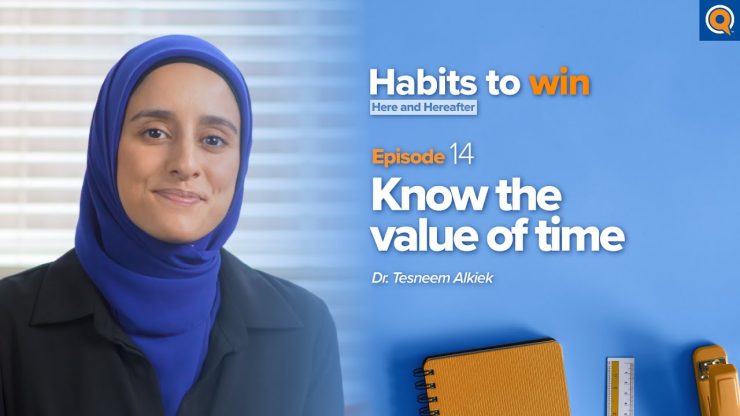“Wasting time is worse than death,” said Ibn al-Qayyim. Valuing time is one of the most significant parts of our faith, and being mindful of its incredible importance can change the way we live our lives.
The problem with showing up late
When you continue to show up late to events and commitments, it reveals a much deeper problem – a lack of consideration for time. This can show up in many ways in our lives. When we wake up late even though we’ve had a good night’s rest. When we spend our evenings watching tv, or scrolling through social media. We simply don’t plan our day around the most valuable thing we’ve been given, time.
The value of time
Ibn al-Qayyim puts things into perspective when he says, “Wasting time is worse than death. When you die, you’re simply being cut off from this world and the people in it. But when you waste time, you cut yourself off from God and the Hereafter.”
If we knew the true value of time, we’d be counting the minutes in our day to make sure that we never lose a second. The Prophet ﷺ said, “Along with your health, your free time is one of the biggest blessings you’ll have.”
It will really hit you when it’s gone, because you’ll only ever get busier as your life wears on. This is why the Prophet ﷺ also said, “Take benefit of five before five: your youth before your old age, your health before your sickness, your wealth before your poverty, your free time before you’re preoccupied, and your life before your death.” Three of these five alone, revolve around time. It’s constantly ticking.
How to spend your time wisely
Allah (swt) motivates us with hope and fear. We need to care about how we spend our time, because it won’t go unaccounted for.
Spending time wisely doesn’t mean being in constant ritual worship. It means that you’re constantly renewing your intentions for every habit, meal, and activity, to be for the purpose of attaining that bigger goal of pleasing Allah. In this simple manner, everything and anything you can do can be a means for reward.
Download the Habits to Win Here and Hereafter Workbook as you follow along with this series!

